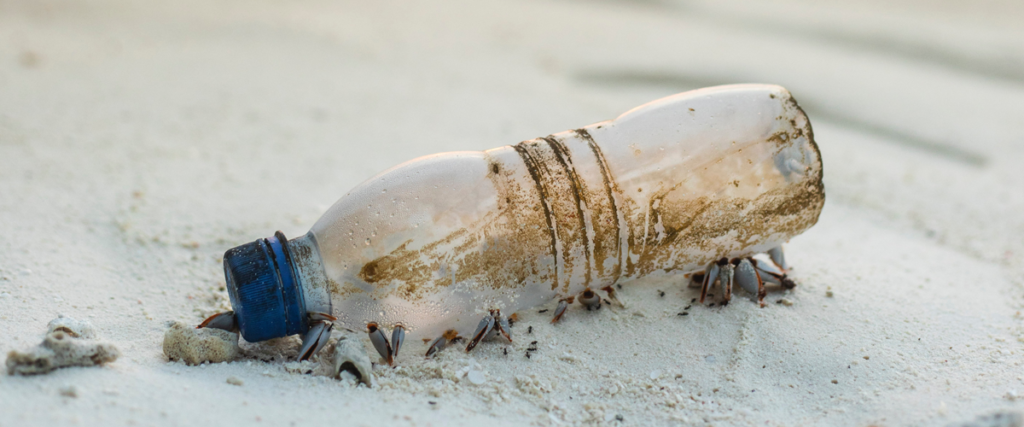
6-23-2019
The “Attenborough Effect” is shedding light on the progress we’re making — and can continue to make — when it comes to plastic use. The term is named after David Attenborough, an English broadcaster, writer and natural historian whose work educates people about plastic and other sustainability issues.
Attenborough’s Impact on Plastic Use
Attenborough is especially well-known for his most recent work narrating Blue Planet, Planet Earth and Our Planet, and he also narrated a nine-part Life series on BBC that was released between the late 1970s and early 90s. However, the films he has worked on have done more than entertain millions worldwide. According to a new report, online searches in the UK for “plastic recycling” have doubled since Blue Planet II was released two years ago, and 53 percent of people have reported using less plastic after watching the documentary.
The Attenborough Effect is now seen as a larger global movement to reduce plastic waste. New regulations have been initiated that claim to be influenced by Attenborough’s work. The European Union, which encompasses 28 countries, recently passed a single-use plastics ban, accrediting Attenborough’s Blue Planet series as part of its motivation. Even the Queen herself has banned certain single-use plastics from the Royal estates after working with Attenborough on a conservation documentary about wildlife.
The Importance of Awareness
It’s beginning to get harder to ignore just how serious the plastic issue really is. Between the fact that over 90% of plastic has never been recycled, and so many marine animals are dying from accidentally consuming plastics in the ocean, we all need to start rethinking our daily plastic use.
Although the idea of cutting out all plastics is daunting to most of us, limiting how much plastic we use can be done in small stages. Start with the little things: Take a look at the plastics in our Recycling Guide and see if there are any items you can use less of.
As we begin to notice how prevalent plastic is in our lives, we can start to reshape our habits one decision at a time. If there’s anything that can help us turn things around, being more aware is the first step.
